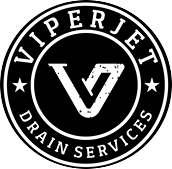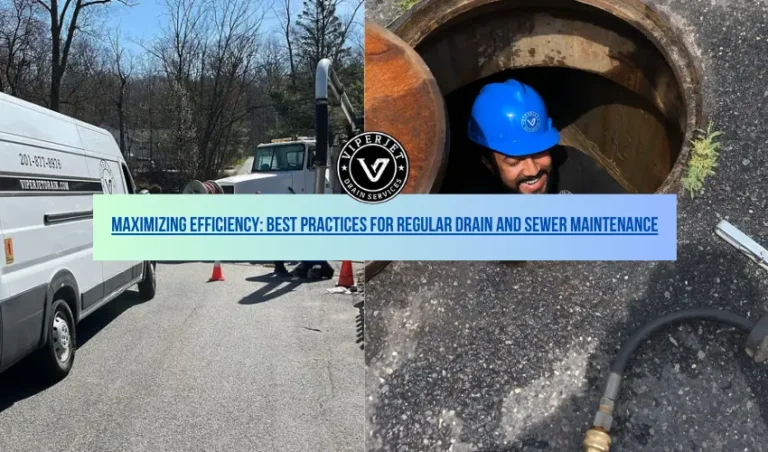Finding a reliable local plumber is essential for ensuring that plumbing issues in your home or business are handled professionally and efficiently. Whether you’re dealing with a leaky faucet, a clogged drain, or an urgent emergency, selecting the right plumber can save you time, money, and stress. This guide outlines practical steps to help you find a dependable plumber near you.
1. Begin with Online Research
The internet is a powerful tool for finding local plumbers. Search for plumbers in your area using platforms like Google, Yelp, or Angi (formerly Angie’s List). These platforms often feature reviews, ratings, and detailed profiles of service providers.
- Google Search: Type “plumbers near me” or “plumbing services in [your location]” to get a list of options.
- Yelp: This platform offers user-generated reviews and ratings, making it easier to gauge the quality of a plumber’s work.
- Angi: Provides verified reviews and ratings, along with an option to request quotes directly from plumbers.
Take note of plumbers with high ratings and positive reviews but ensure to read multiple reviews to get a balanced view of their service quality.
2. Seek Recommendations from Trusted Sources
Word of mouth remains one of the most reliable ways to find quality service providers. Ask friends, family, or neighbors if they can recommend a plumber they’ve used and trusted. Personal referrals often provide insights into the plumber’s punctuality, professionalism, and pricing.
Additionally, check with local community groups on social media platforms like Facebook or Nextdoor. These groups often have members sharing recommendations for reliable local businesses.
3. Verify Credentials and Experience
Before hiring a plumber, verify their credentials. A professional plumber should be licensed and insured, ensuring they meet the necessary qualifications and standards to perform plumbing work.
- Licensing: Check if the plumber is licensed in your state. Licensing requirements vary by location, so confirm what’s needed in your area.
- Insurance: Insurance protects both you and the plumber in case of accidents or damage during the job.
- Experience: Ask about their experience handling similar plumbing issues. Experienced plumbers are more likely to diagnose and solve problems efficiently.
4. Read Reviews and Testimonials
Online reviews and testimonials are invaluable when evaluating a plumber. Look for reviews on multiple platforms to get a comprehensive understanding of their reputation. Pay attention to patterns in the feedback—consistent praise for punctuality, communication, and workmanship is a good sign.
5. Request Multiple Quotes
It’s wise to get estimates from at least three plumbers. This allows you to compare pricing and services. Be cautious of unusually low quotes, as they may indicate subpar work or hidden fees.
When requesting quotes, provide detailed information about your plumbing issue. Ask for a breakdown of costs, including labor, materials, and any additional fees. A reliable plumber will be transparent and provide a clear estimate.
6. Inquire About Warranties and Guarantees
A dependable plumber stands by their work. Ask if they offer warranties or guarantees for their services. This ensures that if an issue arises after the repair, they will address it without additional costs.
7. Assess Communication and Professionalism
Communication is key when hiring a plumber. Take note of their responsiveness, willingness to answer questions, and clarity in explaining the problem and solution. Professionalism in these areas often translates to better service quality.
8. Check Their Availability
Plumbing emergencies require immediate attention. Ensure the plumber offers emergency services or has flexible availability to handle urgent repairs. Some plumbers provide 24/7 services, which can be a lifesaver during off-hours.
9. Review Their Website and Social Media Presence
A well-maintained website or social media profile reflects the plumber’s professionalism and commitment to their business. Check their website for:
- Details about their services
- Customer testimonials
- Contact information
- Certifications or awards
Social media platforms like Facebook or Instagram may also showcase reviews and examples of their work.
10. Use Local Directories and Associations
Explore local business directories or plumbing associations to find vetted professionals. Organizations like the Plumbing-Heating-Cooling Contractors Association (PHCC) maintain lists of licensed and insured plumbers.
11. Trust Your Instincts
Finally, trust your instincts when selecting a plumber. If something feels off—such as unprofessional behavior, vague answers, or reluctance to provide credentials—consider looking elsewhere.
Conclusion
Finding a reliable local plumber requires research, recommendations, and due diligence. By following these steps, you can identify a trustworthy professional who meets your needs and budget. Remember to prioritize credentials, reviews, and communication to ensure a positive experience. Taking the time to find the right plumber now can save you significant hassle and expense in the future.

